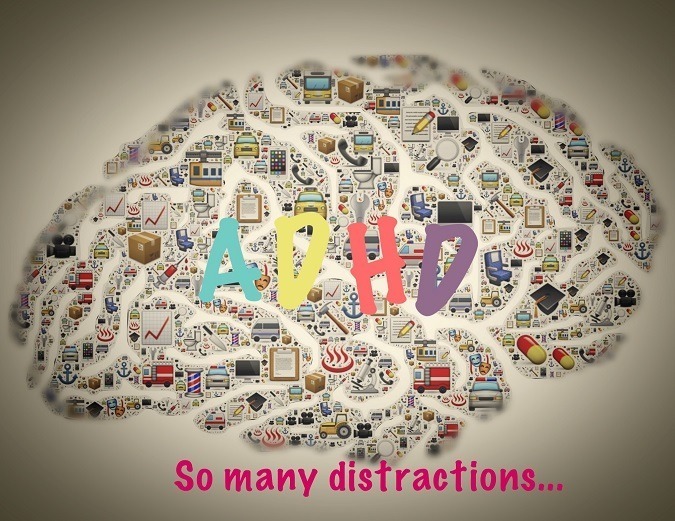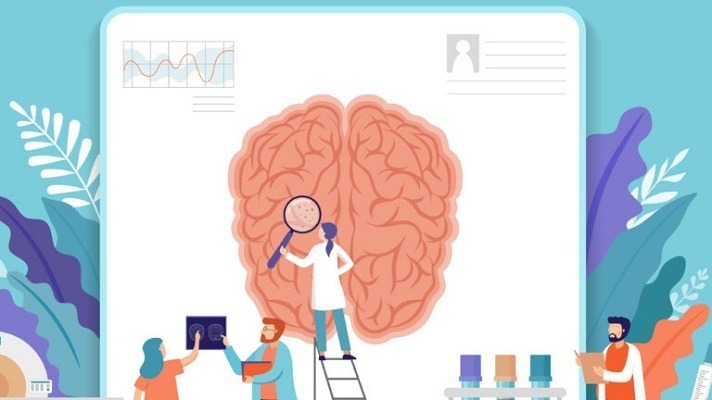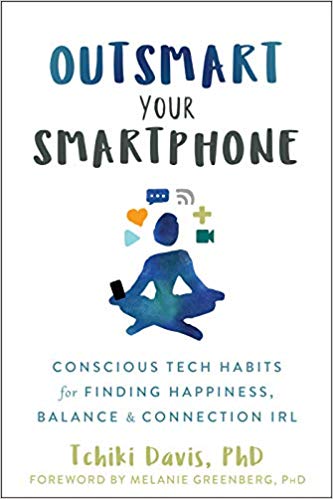Posts Tagged ‘emotion regulation’
Study: Self-guided internet-delivered treatment can significantly reduce ADHD symptoms among adults
Although ADHD was originally considered to be a disorder of childhood, it has been clear for years that it also impacts adults. At least 60% of children diagnosed with ADHD struggle with symptoms into adulthood and the estimated prevalence of ADHD in adults is between 4 and 5%. As with children and teens, medication treatment is…
Read MoreWelcome to the Ultimate Neuroscience Lab: Your Smartphone
Welcome to a new edition of SharpBrains’ e‑newsletter, featuring this time six scientific reports and industry resources plus a fun illusion. #1. Top 10 Mental Health Innovations to Watch: Special SciAm/ WEF report Hoping you enjoy the great series over at Scientific American and especially #7, titled Welcome to the Ultimate Neuroscience Lab: Your Smartphone,…
Read MoreOn uncertainty, stress, emotion regulation, and carpe diem
Ever since it began, the pandemic has been a crash course in uncertainty. Safe behaviors, school openings, vaccination timelines, the job market, new variants—these have all seemed to change on a weekly basis, threatening our sense of security and stability. Uncertainty is stressful and perhaps even harmful to our health, research suggests, and it can…
Read MoreSeven evidence-based reasons to start meditating yesterday
Yes, starting today is OK too. I started meditating soon after 9/11. I was living in Manhattan, an already chaotic place, at an extremely chaotic time. I realized I had no control over my external environment. But the one place I did have a say over was my mind, through meditation. When I started meditating, I…
Read MoreFour guidelines for smart use of smartphones
These days, you can’t go anywhere without hearing about how technology is ruining everything, including our happiness. There is some truth to this, but it’s not the whole story. Technology can be bad for us—for example, when social media gives us FOMO (fear of missing out) or traps us in filter bubbles that prevent us from…
Read MoreNeuroengineering meets neuroethics to address treatment-resistant depression
___________________ Is This the Future of Mental Health? (USC Viterbi School of Engineering): “Brain–machine interfaces (BMIs) provide a direct pathway to the brain to translate brain signals into actions … Below, Shanechi (Note: Maryam Shanechi, PhD, assistant professor of electrical and computer engineering) answers some questions about her work and what the future might hold…
Read More





